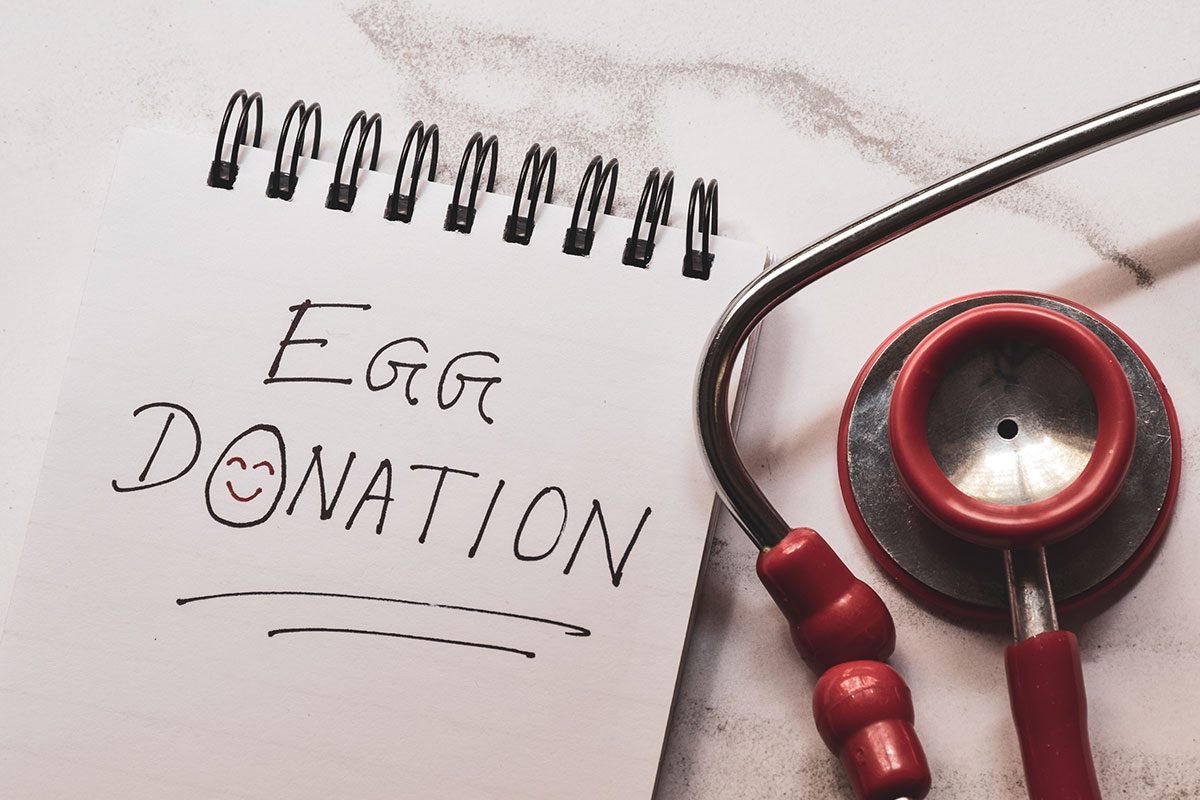A guide to the egg donation process
During the process of donating eggs, a donor takes medications to boost egg development. The mature eggs are then retrieved from the donor and fertilized with sperm in a lab to develop into embryos. The embryo is then transferred to the uterus of the intended parent or a gestational surrogate. The steps of the egg donation process fall into three main categories. These are: applying, screenings, and the actual donor cycle leading to the egg retrieval.
Applying to Become an Egg Donor
Candidates must meet specific health and behavioral requirements to donate their eggs. These criteria protect the health and safety of the donors, intended parents, and donor-conceived children. If you meet these requirements, the first step in the donating egg process is to fill out our application. The application will ask some simple questions to establish if you qualify to be a donor.
The Egg Donation Screening Process
If you meet the application requirements, we will contact you to schedule a screening appointment. This typically includes:
- a psychological screening
- a physical and gynecological exam
- a vaginal ultrasound
- blood and urine tests
- drug testing
- genetic testing
These screenings meet the requirements of the Food and Drug Administration (FDA), which covers egg donation, and the guidelines of the American Society for Reproductive Medicine (ASRM).
This visit is also a great opportunity to ask our team any questions about the process to donate eggs. Once you are ready and have passed the screenings, you’ll begin the actual donation cycle itself. This cycle starts with ovarian stimulation.

Fresh Donors Only: Matching With Intended Parents
If you are donating through our frozen egg bank, SIMPLIFY, you can schedule your donation cycle as soon as you have passed the screenings. We freeze the retrieved eggs and add them to our database for intended parents to choose from in the future.
If you wish to be a fresh donor, you will schedule your donation cycle after matching with intended parents. Once you have matched and signed a donor agreement with the intended parents, you will move on to the next step in the process of donating eggs.
Ovarian Stimulation
In a typical menstrual cycle, only one egg matures, while others reabsorb into the body. On the other hand, ovarian stimulation refers to taking medications to encourage your ovaries to develop additional eggs.
During this part of the egg donation process, you’ll give yourself shots of medicine every day for about two weeks. Over the two weeks, you’ll also come into the clinic for regular monitoring appointments. These visits allow your team to closely monitor your body’s response to the hormones and adjust your medications as needed. Once several eggs have matured, after around two weeks of medications, you’ll receive one last shot before the egg retrieval.
The Egg Retrieval Process
The final step in the process of donating eggs is the egg retrieval. This is a minimally invasive procedure that takes place in our clinic. You’ll receive general anesthesia, after which a doctor uses a thin needle and suction to remove mature eggs from your ovaries. The procedure itself only takes about 20-30 minutes, with some time to recover from the anesthesia afterwards. Because you can’t drive after receiving anesthesia, you’ll need someone to take you home after the procedure, and should rest for the rest of the day. However, most donors can return to non-strenuous activities the next day.
Compensation for Egg Donation
After the egg retrieval, you’ll receive compensation, which completes the egg donation process. If you’d like to donate eggs again, talk with your team to discuss options. If you are approved for additional cycles, they usually take less time, as you don’t have to go through the application and screening process again.
Donating your eggs is a generous and rewarding experience. To get started, apply today.


